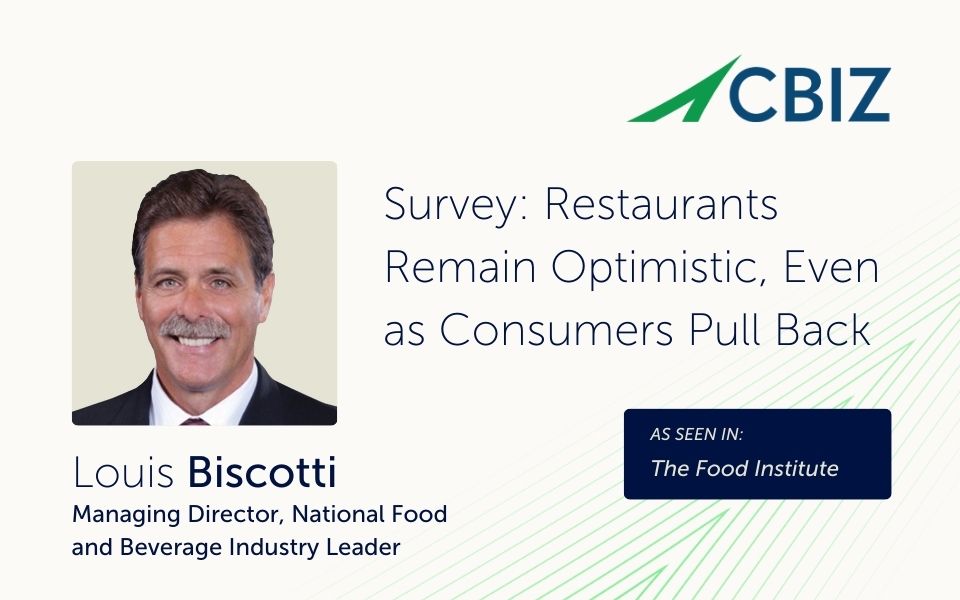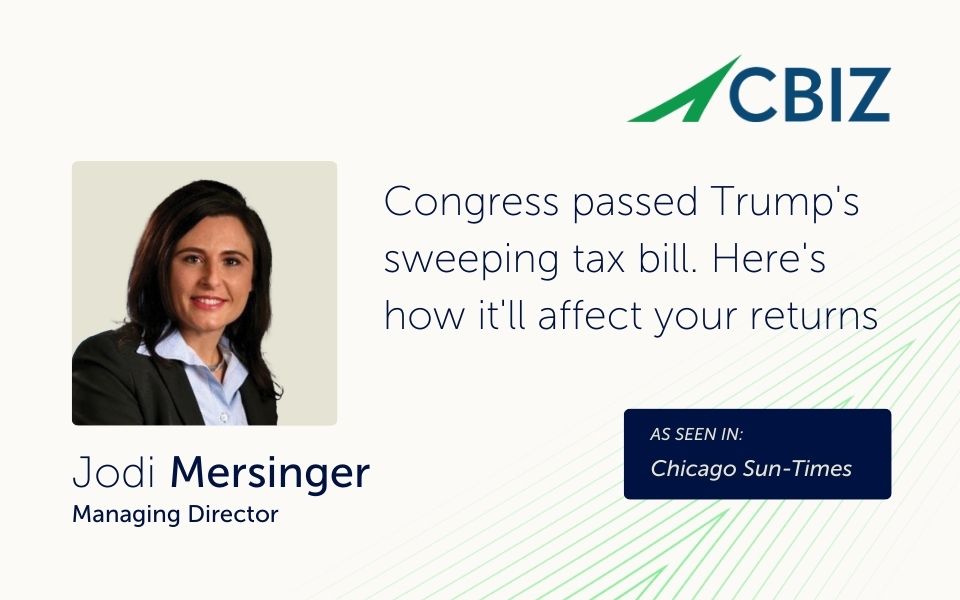For a while, New Jersey has been critical of New York on what it feels is lost revenue to New York from its controversial “convenience of the employer” rule. Finally, Governor Phil Murphy addressed the issue head-on when he signed New Jersey Assembly Bill 4694 in July of this year. The bill established a “reverse convenience rule” and a resident credit to employees who successfully challenge New York’s convenience rule.
New Jersey went a step further by creating incentives for companies to reassign employees to a New Jersey location, thus potentially avoiding the New York Convenience rule altogether.
The bill established a nonrefundable gross income tax credit of $2,000 for resident individuals who get permanently reassigned from an out-of-state location to a New Jersey location. The bill caps the tax credits awarded to qualified taxpayers at $10 million per state fiscal year on a first come, first serve basis.
The bill also enacted a $35 million per year pilot program that will provide grants to out-of-state businesses that reassign New Jersey resident employees from an out-of-state location into a New Jersey location.
Companies approved for the grant will enter into an agreement with New Jersey establishing certain provisions, including the amount of the grant and the employees that the company will need to reassign. Businesses can receive disbursements equal to the New Jersey Gross Income Tax withholdings, up to a maximum of $500,000, of resident employees reassigned by the business to a New Jersey location. Clawback provisions apply for misleading statements or non-compliance with the agreement.
To be eligible to apply for a grant, a business:
- Must be principally located in another state.
- Have more than 25 full-time employees.
- Apply to the New Jersey Economic Development Agency (NJ EDA) on or before July 1, 2028.
In awarding the grants, the NJ EDA could require eligible businesses to make certain capital investments or provide compensation increases to the reassigned employees.
While New Jersey took steps to address its revenue shortfalls from other states imposing a convenience rule, the provisions of the enacted incentives (credit and grant) do not seem to only target employees coming from a state with a convenience rule. The broader provisions appear to apply even to states such as Pennsylvania, where New Jersey already has a reciprocal agreement. Companies that are potentially eligible may want to consider whether the incentives would benefit their business and New Jersey resident employees.
For additional information regarding New Jersey incentive opportunities and its impact on your business or other state business credits and incentives opportunities, contact your CBIZ State and Local Credits and Incentives professional.
© Copyright CBIZ, Inc. All rights reserved. Use of the material contained herein without the express written consent of the firms is prohibited by law. This publication is distributed with the understanding that CBIZ is not rendering legal, accounting or other professional advice. The reader is advised to contact a tax professional prior to taking any action based upon this information. CBIZ assumes no liability whatsoever in connection with the use of this information and assumes no obligation to inform the reader of any changes in tax laws or other factors that could affect the information contained herein. Material contained in this publication is informational and promotional in nature and not intended to be specific financial, tax or consulting advice. Readers are advised to seek professional consultation regarding circumstances affecting their organization.
“CBIZ” is the brand name under which CBIZ CPAs P.C. and CBIZ, Inc. and its subsidiaries, including CBIZ Advisors, LLC, provide professional services. CBIZ CPAs P.C. and CBIZ, Inc. (and its subsidiaries) practice as an alternative practice structure in accordance with the AICPA Code of Professional Conduct and applicable law, regulations, and professional standards. CBIZ CPAs P.C. is a licensed independent CPA firm that provides attest services to its clients. CBIZ, Inc. and its subsidiary entities provide tax, advisory, and consulting services to their clients. CBIZ, Inc. and its subsidiary entities are not licensed CPA firms and, therefore, cannot provide attest services.















